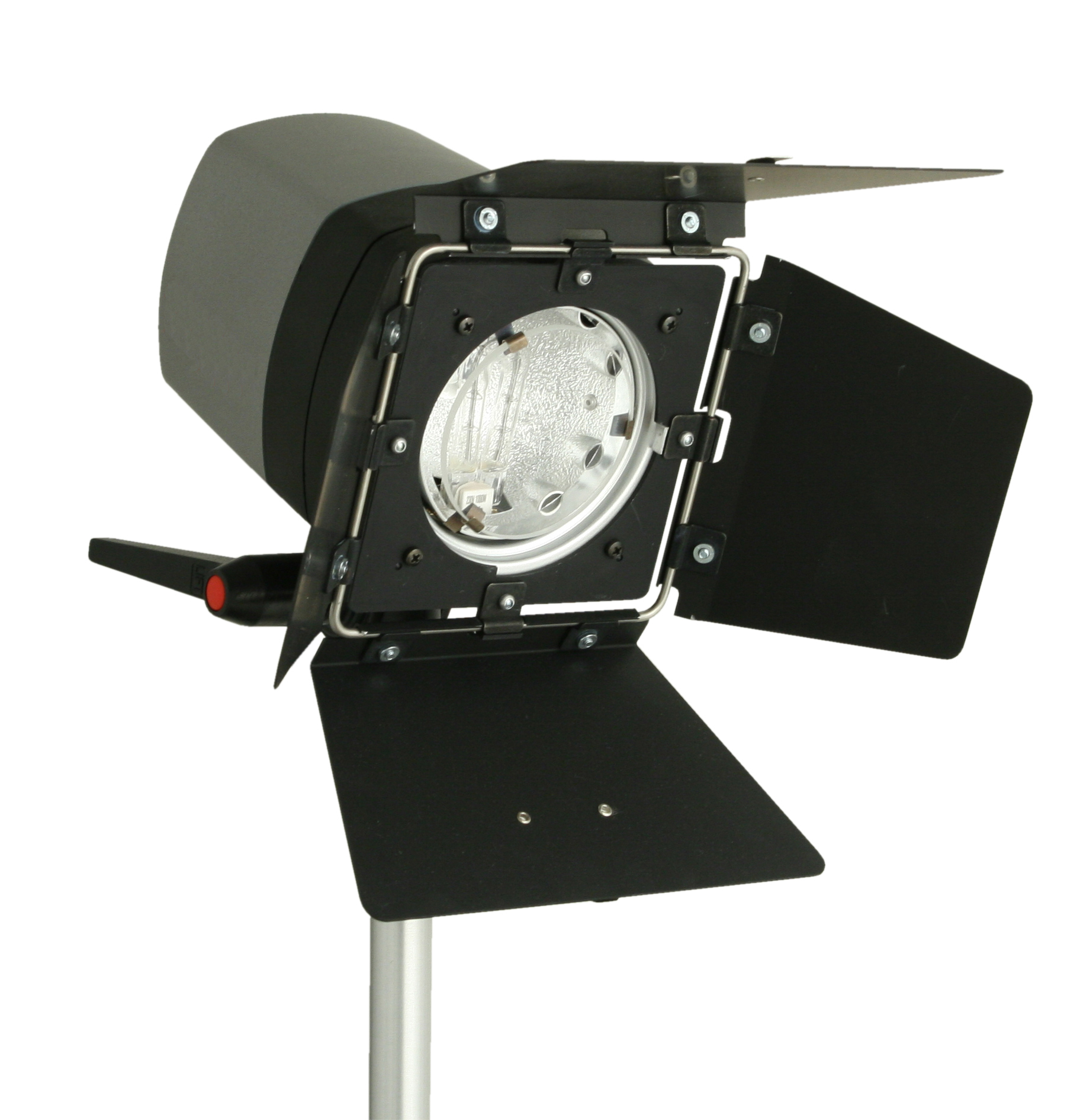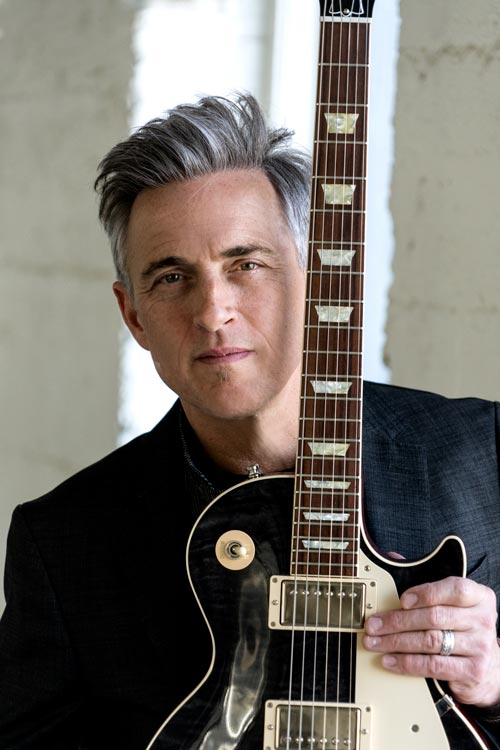
Spotlight on Kent Drangsholt by Anni Piper
Spotlight on Kent Drangsholt
by Anni Piper
You might notice the CBA member meetings have a new home! We know that a venue in Lake Oswego might have been a controversial choice for some, but one of the things that is so important to the survival…

Get to know the Groovetramps
Groovetramps
Interview by Anni Piper
They’re the dynamic duo who back up some of the nation’s top touring acts, including our own Karen Lovely and Ben Rice. They are coming to the membership meeting Feb. 2. Take a few minutes to get to know…

Interview with Andrew Matthews
Interview with Andrew Matthews
by Dale Payne
From a local blues master: “Andrew Matthews is a young guy always working really hard to find his own sound. He’s an extremely talented musician/guitarist/vocalist that is influenced by the great…

Interview with Canadian Bluesman Colin James
Interview by Marie Walters
I spoke on the phone with Canadian blues guitarist Colin James while he was in Courtenay B.C. on Tuesday March 3rd
We just had our first show the day before yesterday and I’m here [in Canada] with a three piece,…

Fly Me To The Moon – Live Music For The Golden Agers
In order to “rage against the dying of the light” as Dylan Thomas so eloquently instructed us in his poem “Do Not Go Gentle Into That Good Night,” we enter the golden years holding our hearts open to the visceral moments that weaved…
